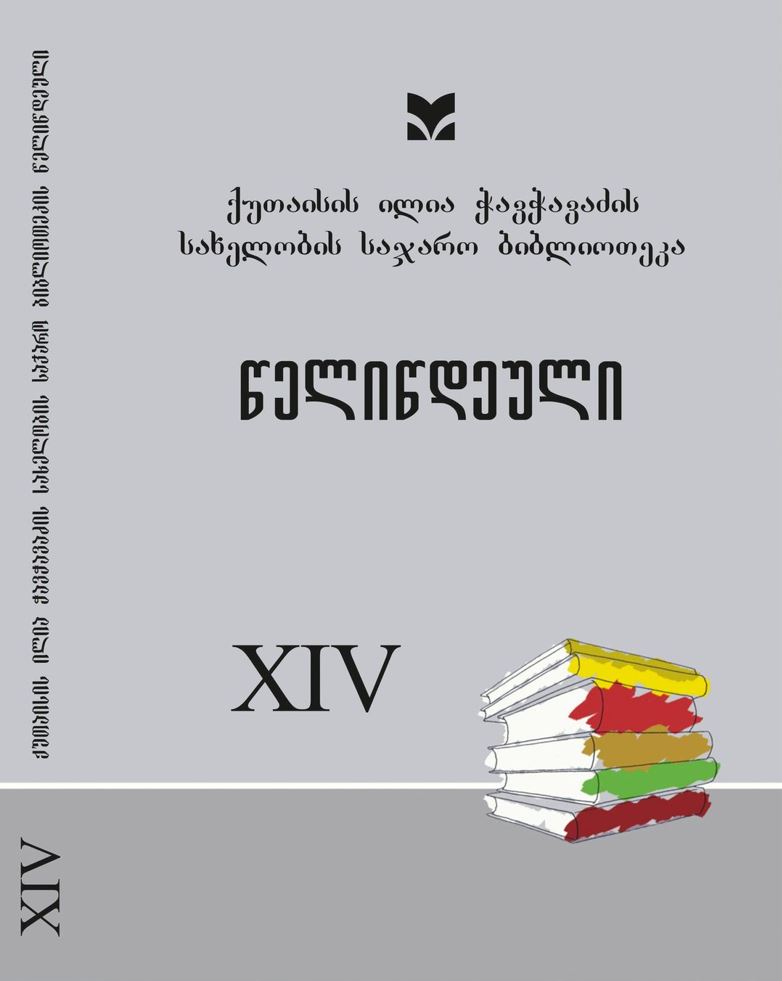Abkhaz Migration and Sea Travel Stories in the Oral History and Fiction
DOI:
https://doi.org/10.61491/yk.14.2022.6996Keywords:
Abkhaz emigration, Verbal histories of emigration, Theme of emigration in fictionAbstract
Together with the scientific literature and fictional texts of Georgian and Abkhazian writers, this work primarily relies on oral histories gathered from descendants of Abkhaz emigrants (muhajir) during field expe-ditions conducted from 2014 to 2022. As a result, it offers novel insights into both the general phenomenon of Abkhaz emigration and the specific experiences of Abkhazians residing in Adjara from the perspective of studying Abkhazian relations. Abkhaz migration was intertwined with the ongoing processes in the Caucasus region and the Russian-Ottoman wars, which inflicted significant pain on Abkhazia. The history of mass mi-grations can be traced back to the mid-19th century, featuring several major waves in the 1860s, 1870s, and 1880s, with isolated cases of emigration documented until the 1920s and 1930s. Emigrant Abkhazians settled both within the Ottoman Empire and near their homeland. Before the Russo-Ottoman War of 1877-78, Adja-ra was part of the Ottoman Empire, and a portion of Abkhazian refugees settled there, driven by hopes of eventual return and the resemblance of natural conditions. This paper examines narratives related to the jour-neys undertaken by emigrants, whether by sea or land, utilizing various modes of transportation such as ships, boats, carts, horses, or on foot. The central focus of the research revolves around the challenges associated with sea travel, which is extensively depicted in press materials, oral histories from descendants of emigrants (including Abkhazians living in Adjara), and in artistic works, such as Bagrat Shinkuba’s „The Last Ubikh“, Ilhan Akin’s „Silent Cry“, Anzor Kudba’s „The Road“, and others discussed within the paper. The relevance of this topic stems from the significant interest in emigration as a mass population movement not only in the Caucasus but also beyond, as well as the importance of studying the history and cultural heritage of emigrant descendants, particularly Abkhazians residing in Adjara, within the complex context of contemporary Georgian-Abkhazian relations. The objective of this paper is to explore the oral histories of Abkhaz emigrant descendants, including those living in Adjara, alongside artistic texts, sources, and relevant scientific literature specifically about Abkhazian emigration, particularly concerning sea travel. The findings of this research lead to the conclusion that the sea route left a lasting, more poignant imprint on collective memory. It is worth noting that the tragic layer of oral histories predominantly centers on the experiences of exiles within the depths of the Ottoman Empire. While the challenges of migration were not unfamiliar to families settled in Batumi, the accounts of those who ventured further away often contain indescribable pains... pains that have become indelibly etched in the memory and soul of Abkhazians.




